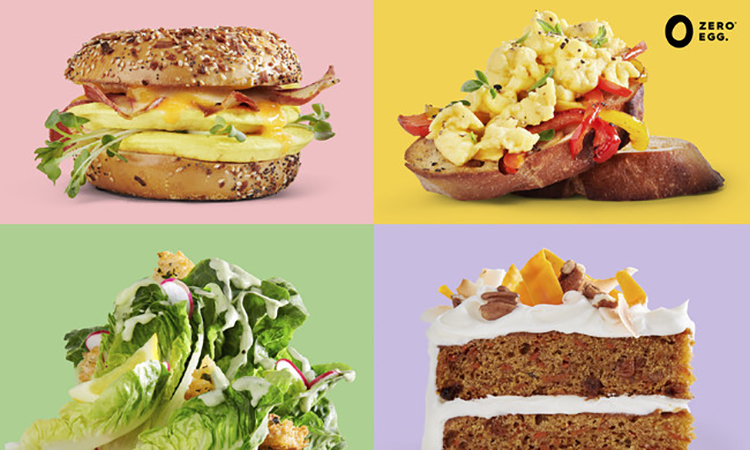This is our second blog post on the food sectors that ProVeg is targeting for optimal impact – chicken, eggs, and fish. These sectors are especially important to us at the ProVeg Incubator for two key reasons.
First of all, production of these animal-based foods is staggeringly high. Resulting in intensive land use, high greenhouse gas emissions, intensive resource use, and animal suffering – all of which have major detrimental effects on the environment, animal welfare, and human health.
Secondly, consumers report that these are the categories in which there just aren’t enough options on supermarket shelves. A survey by ProVeg of European consumers, for example, shows that only 11% of reducers have tried egg alternatives, despite being keen to do so.
As the demand for egg alternatives increases, meeting consumers’ expectations is a challenge for entrepreneurs. Considering that eggs of animal origin are extremely versatile, very functional, and packed with vitamins, nutrients, and protein, egg alternatives are also expected to possess all of these characteristics.
In order to explore this topic further, here are six useful facts about egg alternatives:
The global egg alternatives market is expected to reach $1.5 billion by 2026, and will grow by 5.8% from 2016 to 2026
This means that there will be more and more egg-alternative options for consumers. The market is growing steadily, with plant-based entrepreneurs increasingly attracted to this potentially lucrative field.
If you’re not happy with the egg-alternative options currently available or if you cannot find decent options in your city, it seems that you won’t have to wait too long for these products to become available. If market predictions are accurate, it is likely that the supply of egg alternatives will soon expand and diversify.
Egg alternatives can be used in several ways
As expected, baking is already on the list, but with new alternatives entering the market, it is now possible to also make omelettes, scrambled eggs, and even folded eggs from commercially available egg alternatives.
In the US, for example, there are a wide array of egg alternatives available. It is only a matter of time before these products become available on supermarket shelves worldwide.
In the meantime, numerous conventional plant-based products can be used to replace eggs in baking. Here are just a few examples:
- Applesauce (1/4 cup = 1 large egg)
- Mashed banana (1/4 cup = 1 large egg)
- Water, oil, and baking powder (2 tablespoons water + 2 teaspoons baking powder + 1 teaspoon vegetable oil = 1 large egg)
- Carbonated water (1/4 cup = 1 large egg)
With a bit of experimentation and research, you should be able to find the perfect egg substitute for your baked goods.




